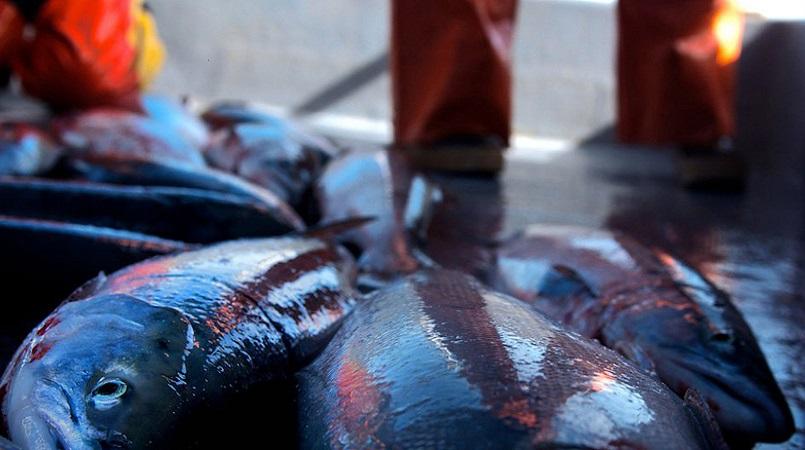The Pacific ACP Trade Ministers Meeting yesterday considered an update of the WTO negotiations on fisheries subsidies agreement (FSA) and welcomed the progress made thus far on the negotiating text. Trade Ministers also noted that a few key elements remain to be resolved and support the intensification of negotiations to reach a consensus on these issues.
Harmful fisheries subsidies have been one of the major factors behind the declining level of global fish stocks. These subsidies are seen to contribute to excessive fishing capacity (vessels) and fishing effort which in turn contribute to overfishing as well as fuel illegal, unreported and unregulated fishing (IUUF).
The FSA is expected to be one of the key outcomes at the WTO Twelfth Ministerial Conference (MC12) that is scheduled for 30 November to 3 December 2021. The FSA envisages three types of prohibitions on subsidies to IUU fishing; overfished stocks, and overcapacity, and overfishing.
The Ministers noted the objective of concluding the negotiations in July 2021 and the proposal to convene a WTO Ministerial meeting on 15 July to clear the text before MC12.
The Chair of the PACPTMM, Hon Faiyaz Koya, Minister for Commerce, Trade, Tourism and Transport of Fiji said that “after 20 years of negotiations and the missed deadline of 2020 set by World Leaders in SDG 14.6, we now have one more opportunity to deliver this Agreement at MC12 in December and to contribute to the sustainability of global fish stocks.”
The Pacific region has been a steady source of the largest tuna catch in the world. According to the FAO State of World Fisheries and Aquaculture Report 2020, in 2018, global tuna catch totaled 7.9m tonnes of which 3.5m tonnes or 44.3% came from the Western and Central Pacific Fisheries Commission (WCPFC) fishing area, whose fish stocks remain in good health. The same report also indicated that the region accounted for only 0.3% of global fishing vessels compared to neighboring Asia which accounted for 68%.
The Pacific region has aspirations to diversify its economies and develop its fisheries sector. The Pacific Islands Forum Leaders in 2015 endorsed fisheries as a priority in the Pacific Framework on Regionalism, to increase the economic returns from our fisheries resources and in 2016 called for increased onshore development. The FSA should therefore provide flexibility for the PACP States to develop their fishing capacity and to value add and process their fish while preserving access fees.
The PACP Ministers expressed their commitment to engaging constructively to deliver a meaningful agreement in 2021. A meaningful agreement in our view is one that would discipline the large industrial fishing fleets but provide effective special and differential treatment for developing countries in line with the SDG 14.6 mandate.
“For the Pacific, this means supporting our small scale and artisanal fishing to support livelihood security and securing the policy space needed to develop our fishing capacity in future,” stated Minister Koya.


